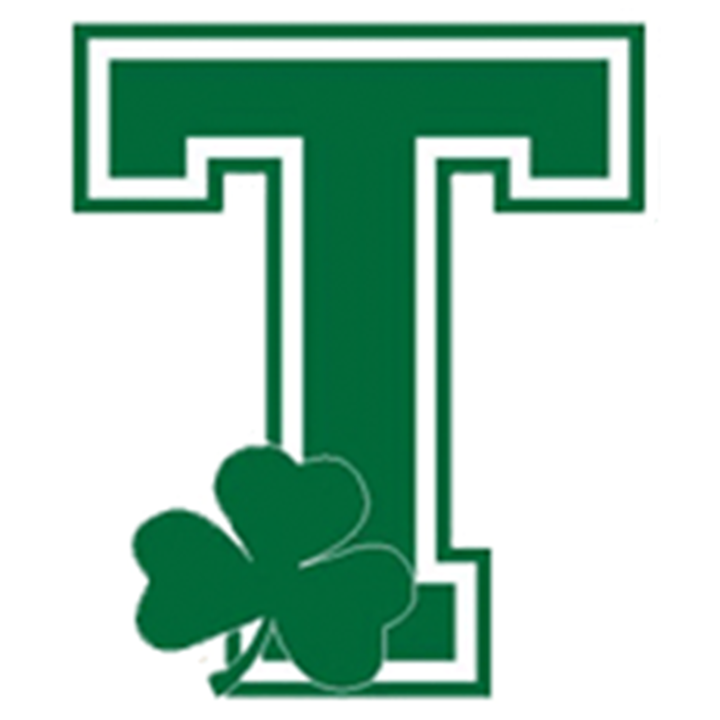Shamrock Invitational with Wyatt Debate
2025 — Louisville, KY/US
Varsity Public Forum
Event Description:
PUBLIC FORUM DEBATE
1. Resolution: Public Forum Debate focuses on advocacy of a position
derived from the issues presented in the resolution, not a prescribed
set of burdens. KHSSL will use the current NSDA resolution.
2. Procedure and order of speeches:
• Prior to EVERY round and in the presence of the judge(s), a coin is
tossed by one team and called by the other team.
• The team that wins the flip may choose one of two options: EITHER the
SIDE of the topic they wish to defend (pro or con) OR the SPEAKING
POSITION they wish to have (begin the debate or end the debate).
• The remaining option (SIDE OR SPEAKING POSITION) is the choice of
the team that loses the flip.
• Once speaking positions and sides has been determined, the debate
begins (the con team may lead, depending on the coin flip results).
First Speaker Team A 4 Minutes
First Speaker Team B 4 Minutes
Crossfire (first question by speaker A1) 3 Minutes
Second Speaker Team A 4 Minutes
Second Speaker Team B 4 Minutes
Crossfire (first question by A2) 3 Minutes
Summary First Speaker Team A 3 Minutes
Summary First Speaker Team B 3 Minutes
Grand Crossfire 3 Minutes
Final Focus Second Speaker Team A 2 Minutes
Final Focus Second Speaker Team B 2 Minutes
Prep Time 3 Minutes per team
3. Timing: Timekeepers are an option but not required. If no timekeeper is
used, debaters may time for their partners or the judge may keep time.
Prep time for each team is three minutes.
4. Plans/Counterplans: In Public Forum Debate, a plan or counterplan is
a formalized, comprehensive proposal for implementation. Neither the
pro or con side is permitted to offer a plan or counterplan; rather, they
2024-2025 KHSSL Handbook
113
should offer reasoning to support a position of advocacy. Debaters may
offer generalized, practical solutions.
5. Prompting Philosophy: Oral prompting, except time signals, either by the
speaker's colleague or by any other person while the debater has the
floor, is discouraged though not prohibited and may be penalized by
some judges. Debaters may, however, refer to their notes and materials
and may consult with their teammate while they do not have the floor
and during the Grand Crossfire.
6. Reading case: A team may decide, when asked by the opponent team
for a copy of their case, whether or not to provide it; if the team refuses
they will not be penalized in any way.
7. Oral Critiques: No debate ballot may be returned in without a reason
for decision. Oral commentary is not considered a substitute for the
written ballot. Critiques are discouraged but not forbidden;
timeliness of the tournament is a paramount value. Comments made
by a judge (orally or written) should be constructive and professional.
8. Judges: The use of community judges is strongly encouraged.

